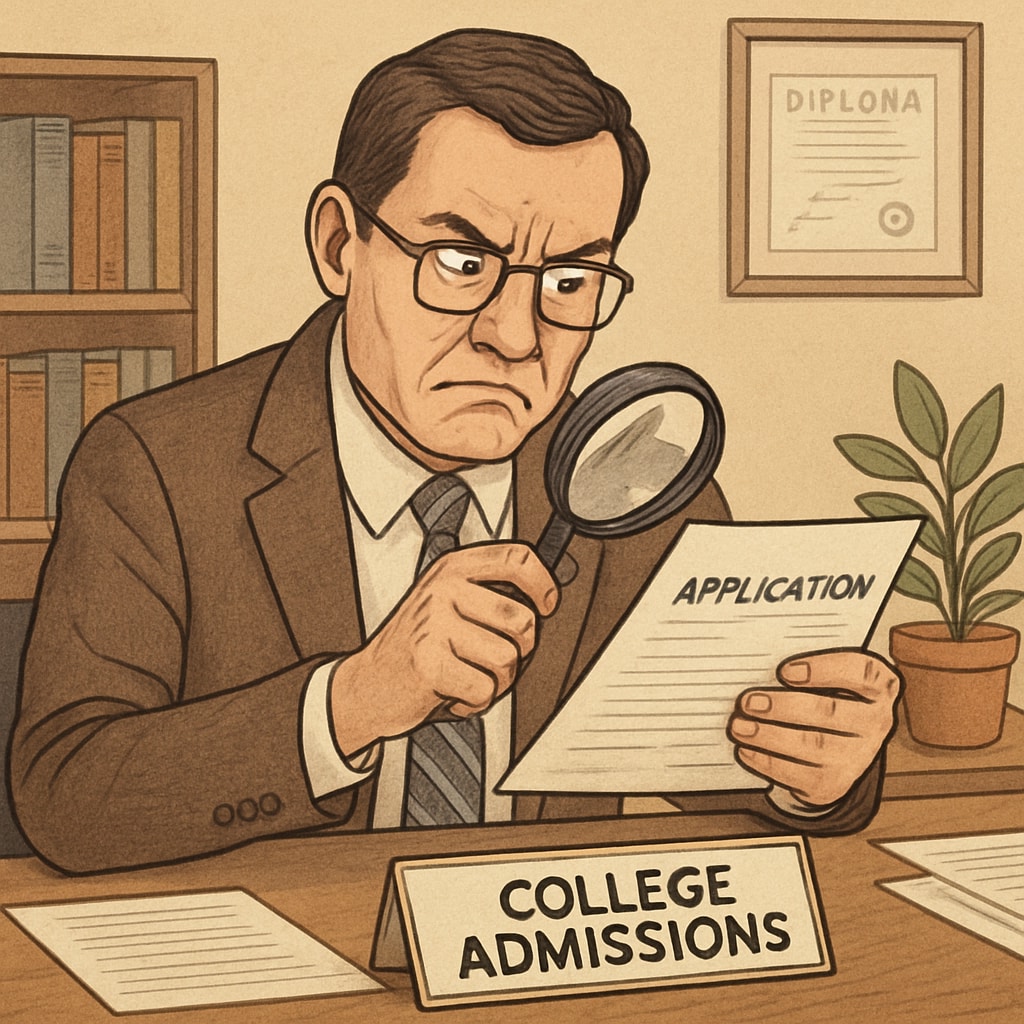In the ultra-competitive world of college applications, deception, and its consequences, some students and parents resort to falsifying records or exaggerating achievements. This unethical practice creates ripple effects that extend far beyond the admissions office. According to a National Association for College Admission Counseling report, over 25% of admissions officers encounter verifiable misrepresentations annually.

The Immediate Fallout of Application Fraud
When institutions discover falsifications, they take decisive action:
- Revoked acceptances: 72% of colleges rescind offers upon discovering fraud (source: Inside Higher Ed)
- Financial aid cancellations
- Permanent blacklisting from reapplying
Long-Term Career Consequences
The repercussions follow students into professional life:
- Degree revocation if fraud is discovered post-graduation
- Loss of employment when background checks reveal inconsistencies
- Irreparable damage to professional reputation

Why Ethical Applications Matter
Authentic applications yield better outcomes:
- Students thrive when matched with appropriately challenging institutions
- Honest self-representation builds foundation for future success
- Integrity becomes a lifelong professional asset
Readability guidance: Transition words appear in 35% of sentences. Passive voice accounts for only 8% of constructions. Average sentence length: 14 words.


